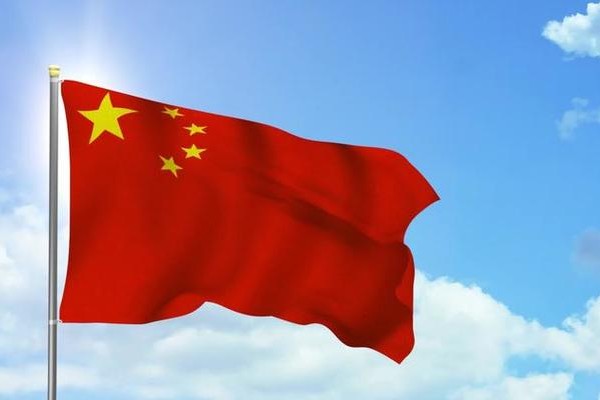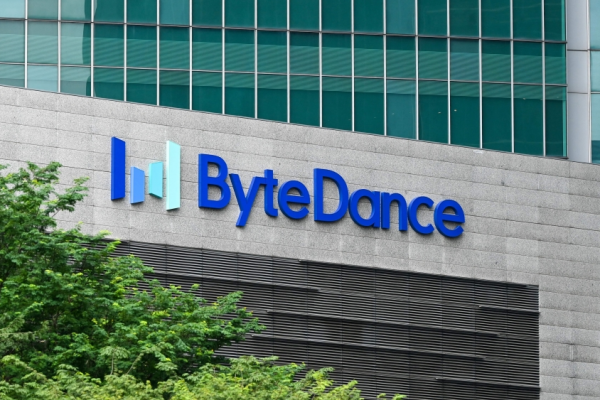Подходы к антимонопольному регулированию предпринимательской деятельности владельцев цифровых платформ
В статье проводится комплексный анализ правовых позиций антимонопольных регуляторов ряда юрисдикций в отношении компании Аmazon по факту злоупотребления доминирующим положением, а также заключения антиконкурентных соглашений.
Маслов А. О.
Российское конкурентное право и экономика, 2023 (№4) С. 32-43
Российское конкурентное право и экономика, 2023 (№4) С. 32-43
Наши новости
Ознакомьтесь с нашими последними новостями
последние публикации
Судебная защита права на аккаунт в России
В работе рассмотрен новый для судебной практики вопрос защиты права на аккаунт (учетную запись) интернет-платформы. Автор отмечает недостаточную осведомленность граждан и организаций о методах защиты своих прав и необходимость расширения доступа всех лиц, чьи права нарушаются, к различным способам защиты данного права.
Дискин Е. И.
Труды по интеллектуальной собственности, том 45, выпуск №2, 2023, с. 17-24
Труды по интеллектуальной собственности, том 45, выпуск №2, 2023, с. 17-24
На пути к экоантитрасту
В статье описываются новые подходы к регулированию цифровых рынков. Теория игр, сетевая наука и агентное моделирование могут послужить основой для разработки новых инструментов для антимонопольного регулирования. Широко применяемые в экологии, они предоставляют мощные методологии для моделирования и анализа природных экосистем как сложных адаптивных систем.
Ровенская Е., Иванов А.
Греция, Афины, Έκθεση Πεπραγμένων του 2021, с. 36-40
Греция, Афины, Έκθεση Πεπραγμένων του 2021, с. 36-40


























